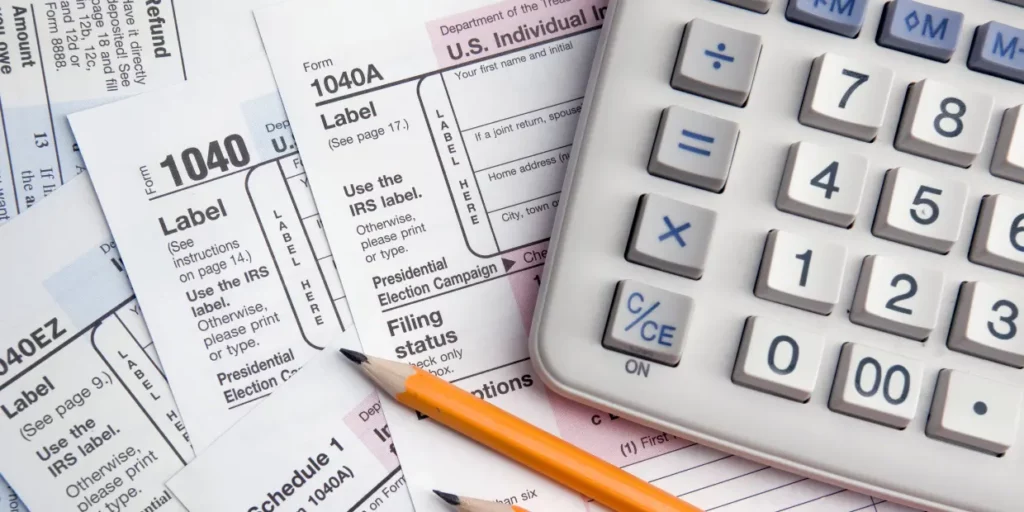Don’t Get Caught up in a Tax Return Scam

Don’t Get Caught up in a Tax Return Scam
It’s tax season, and that means millions of taxpayers are prone to scammers, who are trying to pocket refunds that aren’t theirs. Here’s what to know about tax return scams and how to avoid them.
How the scams play out
In a tax return scam, a fraudster steals a taxpayer’s personal information and files a fake tax return on their behalf. The scammer directs the refund into the taxpayer’s checking account. After it’s deposited, the scammer calls the victim impersonating the IRS and claiming the refund was mistakenly inflated. They’ll instruct the victim to return the alleged extra funds via gift card or wire transfer. Of course, this money goes directly to the scammer.
In another variation, a scammer steals a taxpayer’s info, files a fake tax return in the scammed person’s name and directs the refund into the scammer’s account.
Protect yourself
Here’s how to keep your money and your information safe during tax season:
- File early.
- E-file using a secure computer.
- Keep tax returns in a secure location.
- Never download links or attachments from unverified sources.
- Never share personal information with an unknown contact over the phone or online.
Knowing the following can also alert you to possible scams:
- Refund checks will never be deposited into a taxpayer’s account if they haven’t filed. If a refund lands in your checking account and you know you haven’t yet filed your taxes, you’re likely the victim of a tax return scam.
- The IRS never demands payment by a specific method. If you’re asked to wire money or pay by gift card, you’re talking to a scammer.
If you’ve been targeted
If you get a phone call or letter from someone claiming to be the IRS and stating that you owe tax money, verify it by calling 1-800-829-1040. Emails allegedly sent by the IRS are scams (because they simply don’t do that).
If you haven’t received your tax refund within one month of filing, check your refund’s status on the IRS webpage. If the site shows that your refund was issued, but you haven’t received it, you may be the victim of a tax return scam and identity theft. Alert the IRS at 1-800-908-4490.
Stay safe!
Content Source: CUContent






